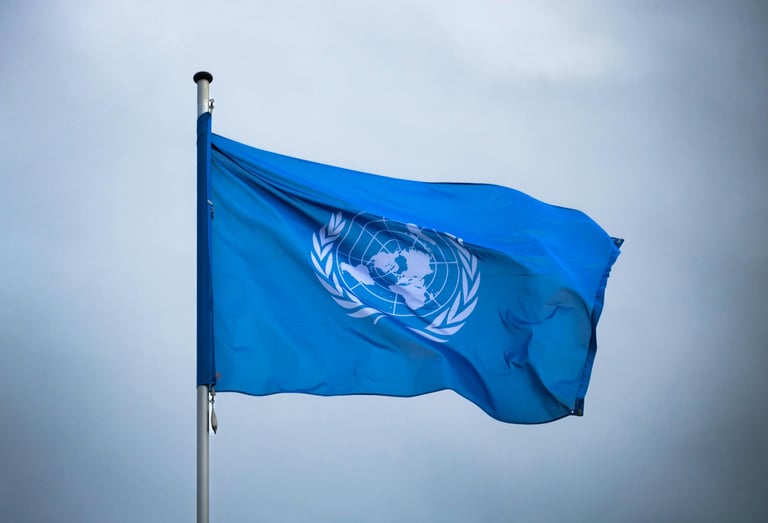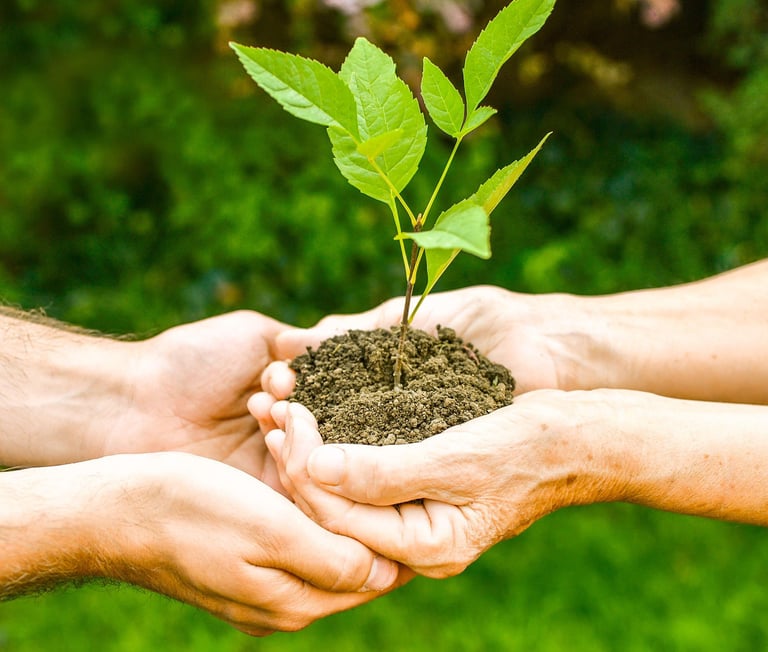United Nations Day 2024
This article is about the UN International Day and InterGenic's connection to the United Nations' Sustainable Development Goals (SDGs). It highlights the work of the InterGenic project focusing on how it contributes to several key SDGs, including quality education, decent work, sustainable communities, and climate action. By promoting intergenerational dialogue, innovation, and sustainable practices, InterGenic plays a crucial role in advancing the global mission for a more equitable and sustainable future.
Janevski
10/24/20242 min read
Celebrating the UN International Day: Advancing Sustainable Development through InterGenic
The United Nations International Days serve as vital moments to raise awareness on global issues, foster international cooperation, and inspire collective action towards a better world. Each of these days is an opportunity to highlight the UN’s Sustainable Development Goals (SDGs)—a universal call to action to end poverty, protect the planet, and ensure prosperity for all by 2030.
The InterGenic Project, a collaborative effort that actively contributes to these global goals, stands as a testament to how local initiatives can make a meaningful impact. By focusing on intergenerational exchange, sustainable development, and fostering innovation, InterGenic aligns its efforts with several key SDGs, particularly those focused on education, community development, and environmental sustainability.


InterGenic: Bridging Generations and Advancing the SDGs
At its core, the InterGenic project aims to connect people of different generations to foster knowledge exchange, cultural understanding, and innovation. This project has a unique approach to addressing the SDGs by focusing on community-building and education—two pillars of sustainable development.
1. SDG 4 – Quality Education InterGenic’s commitment to fostering lifelong learning aligns directly with SDG 4. By encouraging intergenerational dialogue and collaboration, the project empowers participants to share knowledge, skills, and experiences. This kind of inclusive education is key to building sustainable, knowledgeable communities where both young and older generations contribute to collective growth.
2. SDG 8 – Decent Work and Economic Growth Through its focus on community-driven innovation, InterGenic also contributes to SDG 8 by supporting economic growth that is inclusive and sustainable. By fostering skills development and entrepreneurship, particularly through intergenerational workshops and partnerships, the project ensures that individuals of all ages can contribute to and benefit from economic opportunities.
3. SDG 11 – Sustainable Cities and Communities InterGenic also has a strong focus on community development, which aligns with SDG 11—making cities and communities inclusive, safe, and sustainable. By promoting understanding between generations, the project helps create stronger, more cohesive communities that are better equipped to address local and global challenges such as climate change, social inequality, and resource management.
4. SDG 13 – Climate Action One of the key aspects of the InterGenic project is encouraging environmental stewardship across generations. By engaging communities in discussions about sustainability and climate action, InterGenic helps foster a sense of shared responsibility to protect the environment. This directly supports SDG 13, which calls for urgent action to combat climate change.
How InterGenic’s Approach Aligns with the UN’s Global Mission
The InterGenic project exemplifies how grassroots initiatives can make a significant contribution to global goals. By fostering dialogue between generations, promoting inclusive education, and encouraging sustainable practices, the project actively supports the UN’s vision of a more equitable, sustainable, and peaceful world.
As we celebrate the UN International Day, it’s important to recognize that the work being done by initiatives like InterGenic is not only local in scope but also global in impact. By aligning with the SDGs, InterGenic plays a crucial role in the international effort to build a better future for all generations.



Sign up for the newsletter and receive it via email
Available in the following languages:
Previous editions available bellow
Newsletter February-March 2024
Newsletter October - November 2025


Project number: 2023-1-ES01-KA220-ADU-000155225